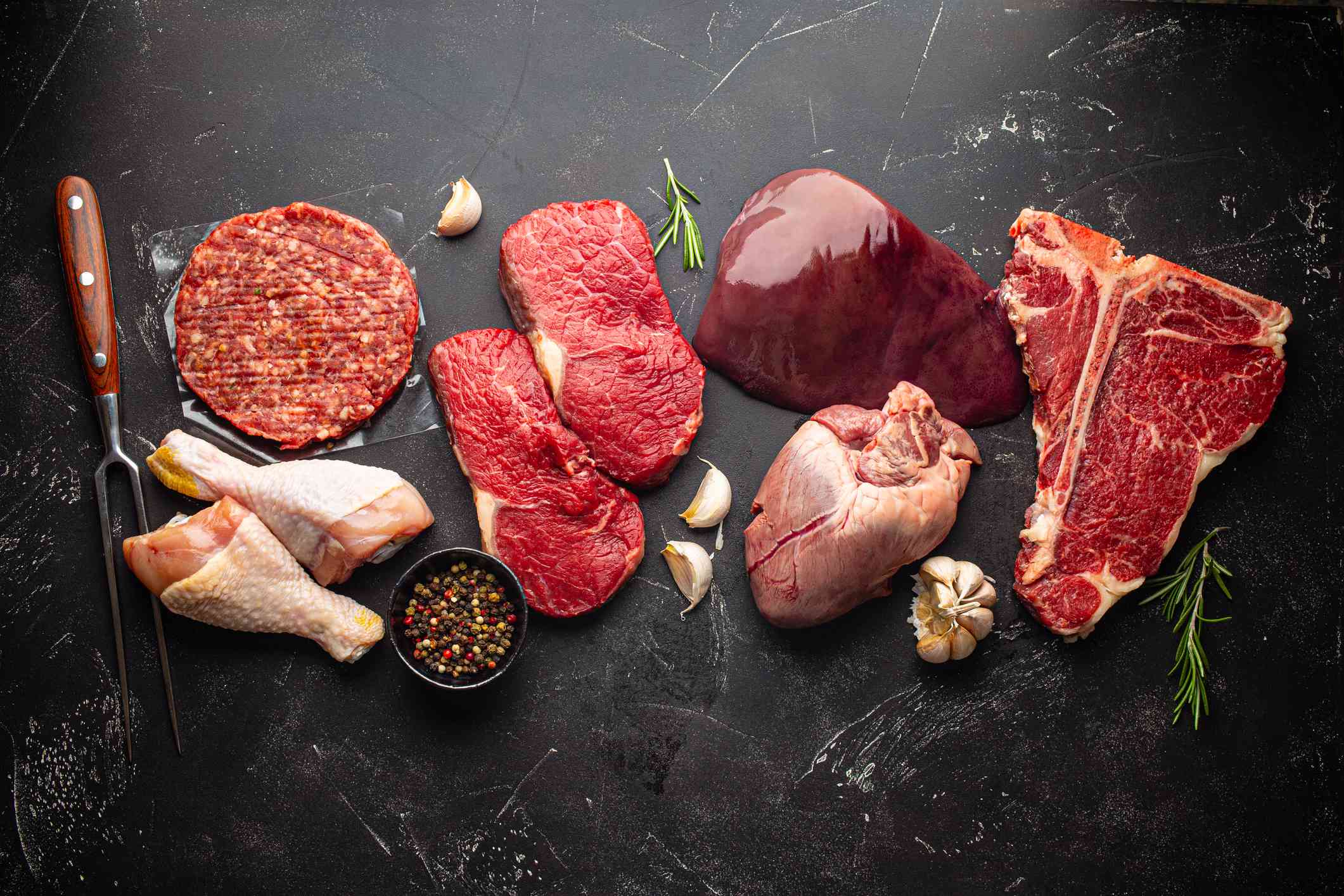The carnivore diet, also known as a zero-carb or all-meat diet, is a dietary approach that primarily consists of consuming animal products while excluding all other food groups. When it comes to weight loss, the carnivore diet has both potential advantages and disadvantages.
Pros:
High satiety: Animal-based foods, particularly fatty cuts of meat, can provide a feeling of fullness and satisfaction, potentially reducing overall caloric intake and aiding weight loss.
Simplicity: The diet eliminates the need for complex meal planning and counting calories or macronutrients, which can make it easier for some individuals to adhere to the diet.
Potential insulin regulation: By eliminating carbohydrates, the carnivore diet may stabilize blood sugar levels and improve insulin sensitivity, potentially supporting weight loss efforts.
Cons:
Nutrient deficiencies: The carnivore diet can lack essential nutrients found in plant-based foods, such as fiber, vitamins, minerals, and phytochemicals. Long-term adherence may increase the risk of nutrient deficiencies and associated health problems.
Limited food choices: The elimination of plant-based foods restricts dietary variety, potentially leading to boredom and reduced adherence over time.
Health risks: While short-term studies suggest that the carnivore diet may not negatively impact markers of cardiovascular health, the long-term effects on heart health and overall mortality are unknown. Additionally, excessive consumption of processed meats may increase the risk of certain cancers.





